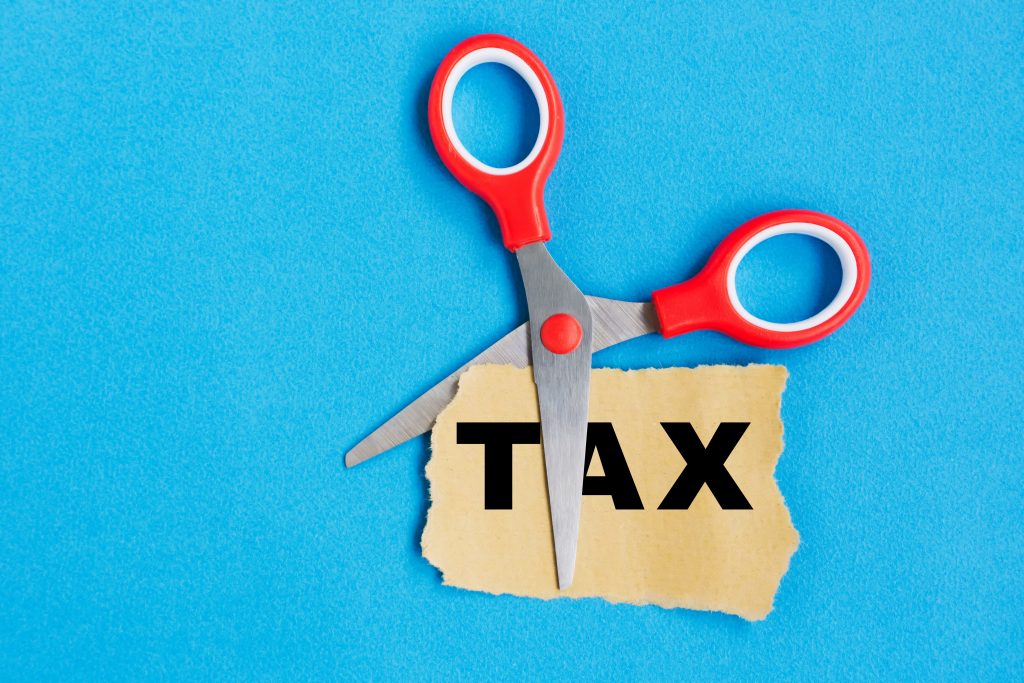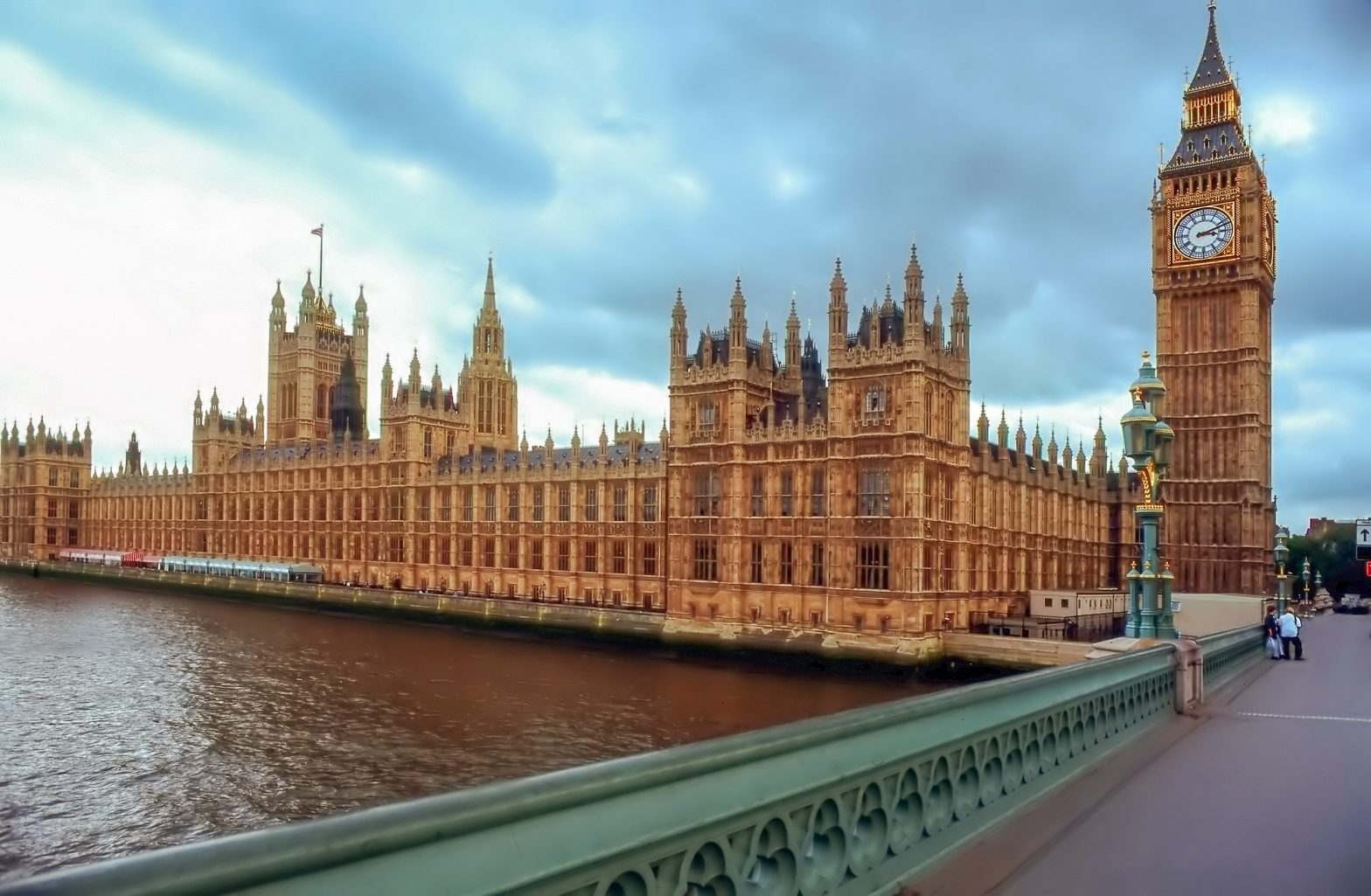The Chancellor of the Exchequer, Jeremy Hunt has today delivered the 2024 Spring Budget, announcing a range of measures designed to both boost a UK economy currently in recession, as well as attract voters for this year’s upcoming general election.
But what measures did the Chancellor announce? Let’s take a look at the major changes our readers may be interested in.
2p reduction in national insurance

Perhaps the headline announcement was that national insurance would be reduced by 2p in the pound for employees and the self-employed. National Insurance is paid by working people who are over the age of 16 and either an employee who earns more than £242 per week from one job or self-employed and making over £12,570 per year.
National insurance contributions are primarily made to qualify for the state pension, as well as certain other benefits. The Chancellor has been criticised for choosing to cut National Insurance rather than any other tax due its regressive nature, as the highest earners pay a lower percentage relative to their income compared with those who earn less than them.
This cut to National Insurance follows the one made in January, meaning that for employees who are paid between £12,571 and £50,270, the NI rate will be 8% from April. For someone who is earning £25,000 per annum, they will save an extra £249 per year.
Non-dom tax status abolished
The non-dom tax status is being abolished by the government and will reportedly be replaced by a “fairer” system from April 2025. Short for non-domiciled individual, a “non-dom” is someone who is a UK resident but has their permanent home outside of the UK. Perhaps the most well-known example of this is the Prime Minister’s wife, Akshata Murty, who announced that she would start paying UK tax on her earnings outside the UK once her status was revealed.
Property changes – tax and holiday lets
A couple of changes have also been announced in relation to property tax and holiday lets. The higher rate of property capital gains tax (tax on sale of assets such as property which is not their home), will be reduced from 28% to 24%. In addition, stamp duty relief will be abolished for those who are buying more than one property.
The last change announced is a relatively minor one – the scrapping of the furnished holiday lets regime. Property owners who rent out to holidaymakers currently get certain tax reliefs. The scrapping of this is perhaps designed to curb the dominance of holiday lets in certain areas of the country where people struggle to find somewhere to rent.
Child benefit
Previously, if at least one parent earned £50,000 a year or more, child benefit would be reduced through the high income child benefit charge. Now however, this is being increased to £60,000.
Meanwhile, child benefit will now be removed completely once one parent earns £80,000 per year. Previously, this was £60,000. The rise in the benefit is reportedly worth £1.60 per week for one child, and an extra £1.05 for each additional child.
The Chancellor also announced a consultation to apply child benefit to collective household incomes rather than individual income from April 2026.
VAT threshold for small businesses
Finally, the threshold on VAT for small businesses has been increased by £5,000, from £85,000 to £90,000. The VAT threshold is the set amount of revenue that a UK businesses can make in turnover on an annual basis before it must register for VAT. This move will be welcomed by small businesses, as the VAT threshold had previously not risen since 2017.
Need legal advice on business law for your small business? Contact us today.
Our thoughts
While there will be many welcome measures contained in the budget for households, many would have expected more given that 2024 is an election year in the UK. Economists have pointed out that the freezing of the tax thresholds (the income level at which an individual pays tax), combined with a significant rise in inflation, means that for many they are still worse off as a result of the tax measures which have been introduced by the Conservative government. In fact, tax as a share of GDP is expected to reach its highest level since 1948 by 2028-2029.
While inflation has come down from 9% last March to 4.2% as of March 2024, many of the changes which have announced as “tax-cutting measures”, will not have this impact due to the inflation which has already occurred in the economy.
Have questions? Get in touch today!
Call us on 020 7928 0276, phone calls are operating as usual and we will be taking calls from 9:30am to 6:00pm.
Email us on info@lisaslaw.co.uk.
Use the Ask Lisa function on our website. Simply enter your details and leave a message, we will get right back to you: https://lisaslaw.co.uk/ask-question/
For more updates, follow us on our social media platforms! You can find them all on our Linktree right here.




